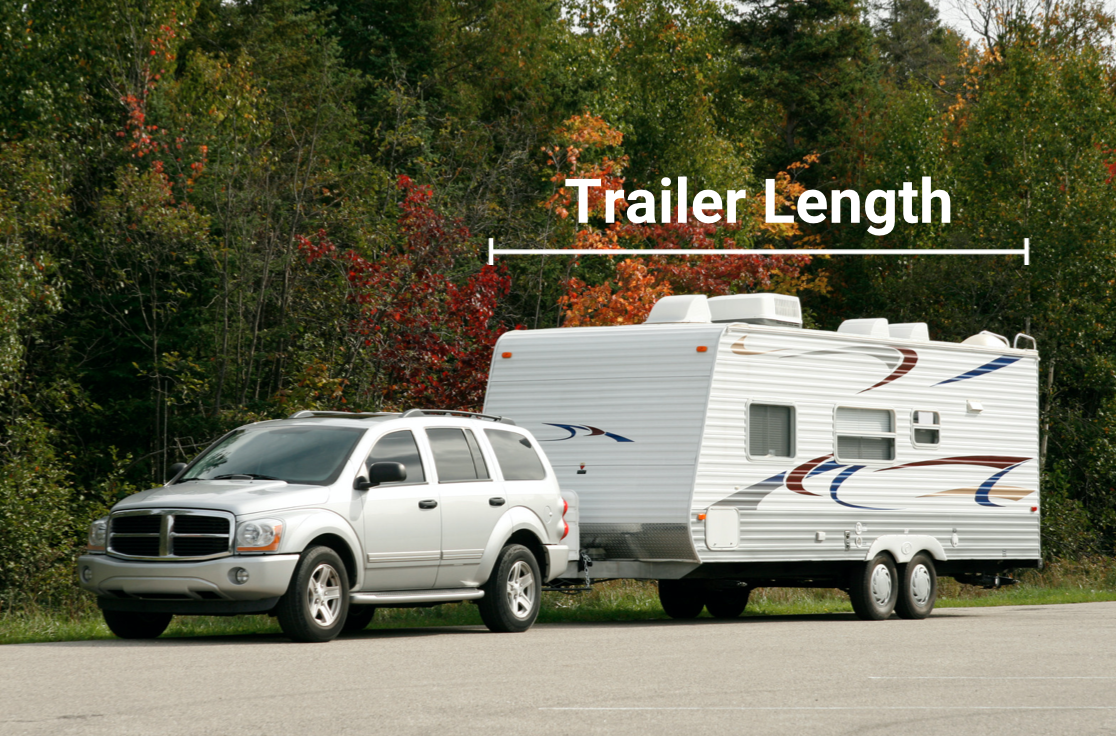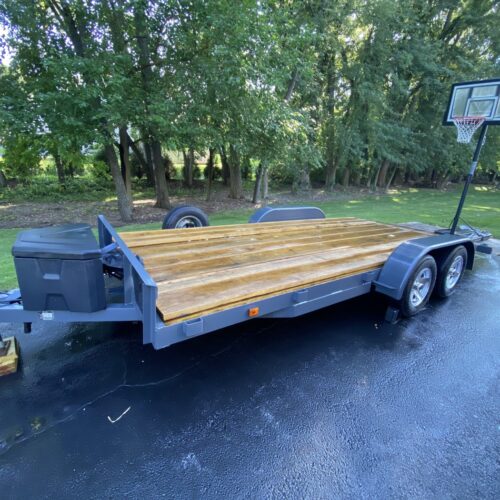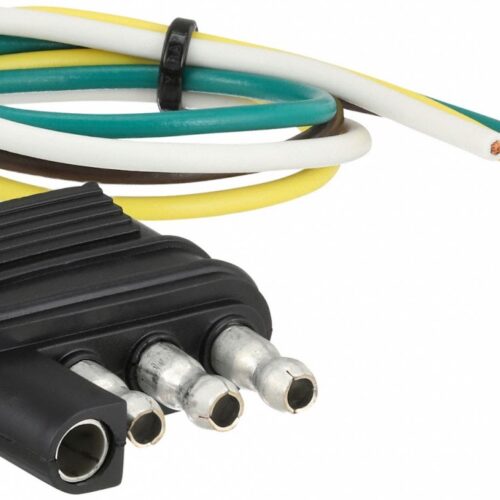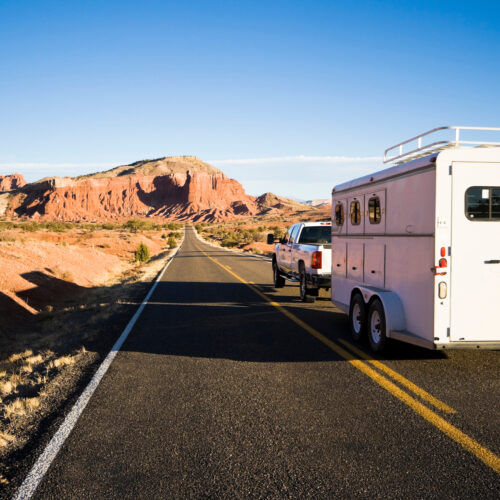When it comes to towing trailers, size truly matters. Whether you’re hauling a camper, a boat, or a load of goods, the length of your trailer plays a significant role in how it behaves on the road and how it impacts your towing experience. Let’s dive into the world of trailer lengths and explore how they affect the towing process.
The Short Trailers: Maneuverability and Ease
Short trailers, often referred to as utility trailers or short camper trailers, are typically under 20 feet in length. These trailers offer several advantages when it comes to towing:
1. Maneuverability: Short trailers are easier to maneuver in tight spaces, making them ideal for navigating crowded campgrounds, parking lots, or narrow roads. You can back them up with relative ease, and they’re less likely to clip curbs or obstacles when turning.
2. Stability: Shorter trailers tend to be more stable, especially at higher speeds. They have less sway and are less prone to fishtailing, which can be a significant concern with longer trailers.
3. Fuel Efficiency: Due to their smaller size and reduced wind resistance, short trailers are generally more fuel-efficient than their longer counterparts. This can result in savings on gas during long trips.
4. Parking and Storage: Short trailers are easier to park in residential driveways, garages, or tight storage spaces. They take up less room and are often more convenient for those with limited space.
The Long Haul: Challenges of Longer Trailers
Long trailers, such as large camper trailers, fifth-wheel trailers, or cargo trailers, typically exceed 20 feet and can extend up to 40 feet or more. While these trailers offer more space and amenities, they also present some unique challenges:
1. Turning Radius: Longer trailers require a wider turning radius, making tight maneuvers more challenging. You need ample space to execute turns safely, especially in urban areas or when navigating sharp corners.
2. Backing Up: Backing up a long trailer requires more skill and patience. The longer length increases the risk of jackknifing, where the trailer swings out of alignment with the towing vehicle. Novice towers may find this particularly intimidating.
3. Sway and Stability: Longer trailers are more prone to sway and instability, particularly at higher speeds or in windy conditions. Proper weight distribution and sway control devices are essential to mitigate these risks.
4. Parking and Storage: Longer trailers require more space for parking and storage. They may not fit in standard-sized garages or driveways, necessitating alternative storage solutions.
Finding the Balance
When choosing a trailer, it’s essential to strike a balance between size and convenience. Consider your towing vehicle’s capabilities, your driving experience, and the specific needs of your travels:
1. Know Your Limits: Check your vehicle’s towing capacity and ensure it can safely handle the weight and size of your chosen trailer.
2. Practice, Practice, Practice: If you’re new to towing, start with a shorter trailer to gain confidence and experience before tackling longer rigs.
3. Invest in Safety: Equip your trailer with proper safety features, such as trailer brakes, sway control systems, and weight distribution hitches, to enhance stability and control.
4. Plan Ahead: Consider the routes you’ll be traveling and the parking or storage options available at your destination. Choose a trailer size that fits your needs without compromising maneuverability and convenience.
In conclusion, trailer length significantly impacts the towing experience, influencing everything from maneuverability to stability to parking. Whether you opt for a short utility trailer or a long camper, understanding the implications of size can help you make informed decisions and enjoy safer, more enjoyable travels on the open road.




